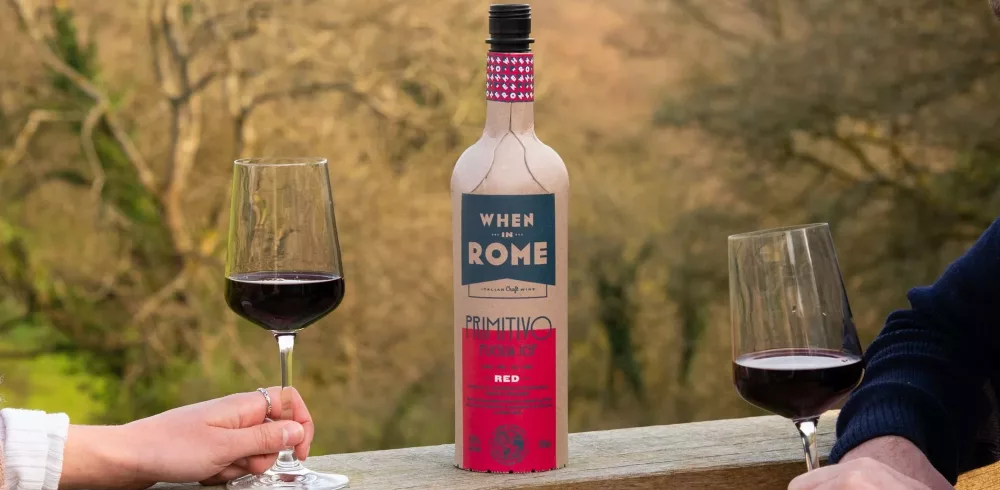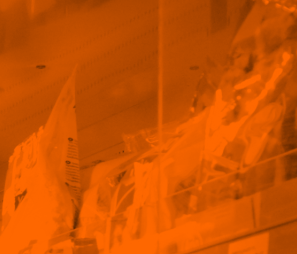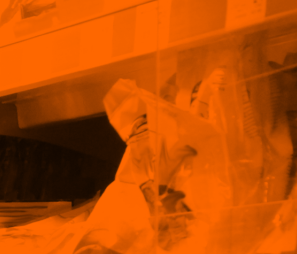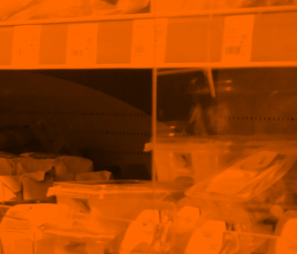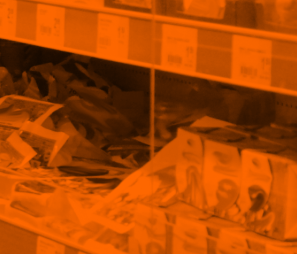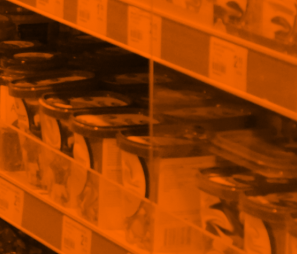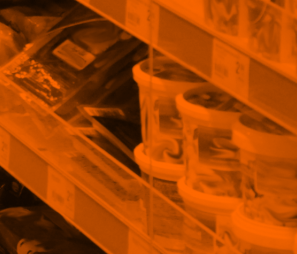Whether it’s a glass of red in the evening post-work or perhaps you’re one for sharing a bottle or two over the weekend, many of us won’t realise the impact that just one single-use glass wine bottle can have on our environment.
Yet in the wine industry, many wine producers will be aware of the carbon emissions that these single-use glass bottles are creating. In fact, just one bottle of wine will create an estimated 1.2kg of CO2 in its life cycle, of which 0.5kg of that is from the glass alone.
Say you get through a bottle of wine a week, this would work out as 26kg of CO2 a year just from the glass bottle. That is enough electricity to drive an electric car 222 miles (this would get you from Venice to Montepulciano) or boiling enough water for 3,596 cups of tea.
So why a paper bottle?
Single-use glass bottles and their transportation are two of the biggest contributors to a wine’s carbon footprint, making up 39% of the overall wine industry’s carbon emissions. Paper bottles are made from 94% recycled paper and have a carbon footprint 84% lower than a single-use glass bottle.
Although there are many alt-format alternatives to glass bottles already on the market, such as bag-in-box and canned wines, there is still a stigma attached to these alternative packaging methods. Lets face it, you’ve probably made the presumption before that a wine in a box can’t possibly taste as good as a wine in a bottle (it’s simply not true!)
That’s why when it comes to paper bottles, the feel of a traditional bottle of wine is still there, but without the large carbon footprint that comes with it.
Is the quality of the wine affected by being in a paper bottle?
There’s certainly a stereotype that comes with alt-format such as boxed or canned wine, that the quality doesn’t match that of bottled wine. However, boxed wines are typically included in blind taste tests alongside bottled wines and have beaten them when it comes to quality.
In 2020, our Phillip Schofield Falanghina was the first ever boxed wine to win a IWSC Bronze award in a blind tasting.
By Rob Malin, Founder of Anglo-Italian wine brand, When in Rome.
Manufacturing & Engineering Magazine | The Home of Manufacturing Industry News




